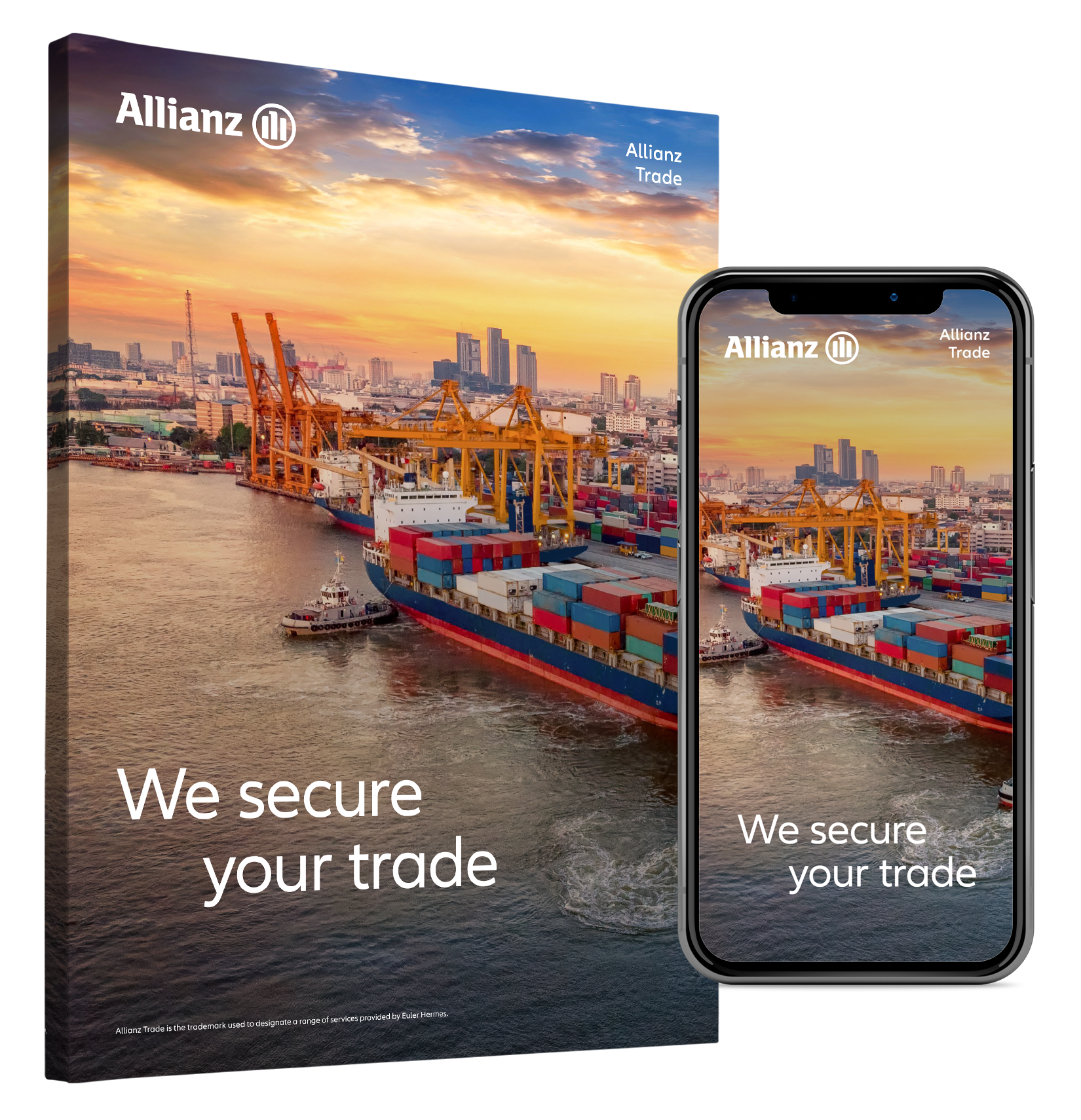WHY
COVID-19 has accelerated the pace of digitalisation across the global economy as businesses and workers seek to address new challenges arising from the pandemic and take advantage of potential opportunities going forward.
According to Nex Business, the value of the entire global digital market is worth close to £700bn and growing twice as fast as physical commerce. Meanwhile, digital free trade agreements will be a growing priority for countries wanting to future-proof their economy, according to CBS Butler.
With the two nations occupying the top of ranking in terms of digitization, from the 2020 Enabling Digitalization Index by Allianz Trade, their specialization in advanced technologies and their competitive infrastructures will allow an even stronger synergies in terms of digital trade, should such an agreement be signed.
WHAT
In the joint statement, both Singapore and the UK stated they hope that the DEA will champion the role that digital technologies can play in facilitating trade, encourage interoperability in our digital systems, connect the thriving innovation ecosystems in the UK and Singapore, and explore the use of emerging and innovative technologies. It will also contribute to establishing global digital trade norms for a more open, connected and secure digital environment.
WHAT DOES THIS MEAN FOR SINGAPORE BUSINESSES
- Open digital markets for Singapore exporters, allowing them to expand into the UK market and sell traditional products in new ways
- Ensuring free and trusted cross-border data flows, while upholding high standards of personal data protection for businesses and their customers
- Cutting red tape for businesses by promoting digital trading systems such as digital customs and border procedures which will save time and money when exporting
- Upholding consumer rights and protecting businesses’ valuable intellectual property like source code and cryptography
Talk to our trade credit experts about your customers,
and learn all about the credit risks and opportunities.
TIPS TO EXPAND INTO NEW MARKETS
1. Be clear on why
Ask yourself why you want to expand to international markets? Make sure it’s part of a carefully thought-out growth strategy. Many expansions failed because they started from a chance contact at a trade show or a request received via the Internet but didn’t match the company’s goals or capacities.
2. Get buy-in
Be sure your team and stakeholders are on board for a long-term commitment to your project. Developing a market often requires more time and resources than companies expect. If owners, senior managers, bankers and key suppliers aren’t all on board, your commitment may fade, jeopardizing the venture.
3. Do an internal check-up
Take a close look at your readiness, including an evaluation of your current resources, strengths and weaknesses. Make sure your company’s fundamentals are strong, including financial management, sales and marketing processes, innovation strategy and operational efficiency.
4. Line up financing
Be sure you have the financial capacity to stay the course until sales start rolling in. Insufficient financial resources are a common problem in international expansions and can have a serious impact on your entire company.
Avoid the common mistake of using your everyday cash to finance your international project instead of getting a business loan to cover expenses. The consequences can be an unexpected cash squeeze and a last-minute scramble for financing, which won’t impress lenders and may lead to unfavourable terms.
5. Research credit insurance options
Expanding into international markets can involve trade credit, political and currency risks. These include unpaid invoice by a buyer abroad, expropriation of your assets by a government abroad and fluctuation in the value of your currency relative to the target market’s currency. Export credit insurance is available to help exporters mitigate these risks. It may also help you to get additional working capital from your financial institution to support your export expansion. A trusted and reputable credit insurer who provides tailored trade insurance coverage which suits your expansion strategy will give you the confidence to trade.
6. Appoint and reward a project manager
Assign a senior member of your team to oversee your expansion project, and compensate that person, in part, based on the performance of the venture. This person or team will monitor all departments for deliverables, cultivate long-term relationships with partners abroad and be held accountable for the project’s success.
7. Don’t wait too long
Avoid the mistake of waiting until your product is “perfect” before you consider exporting. Your international competitors won’t wait for you. Besides, experiences gained from an international venture could help you improve your offerings both at home and internationally.





